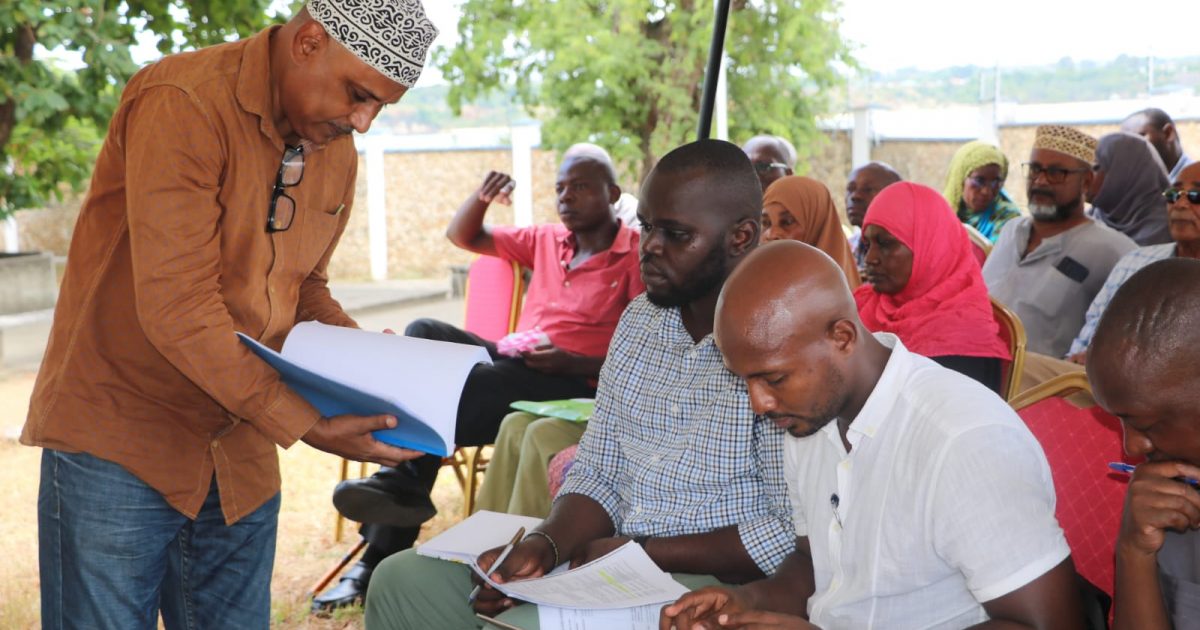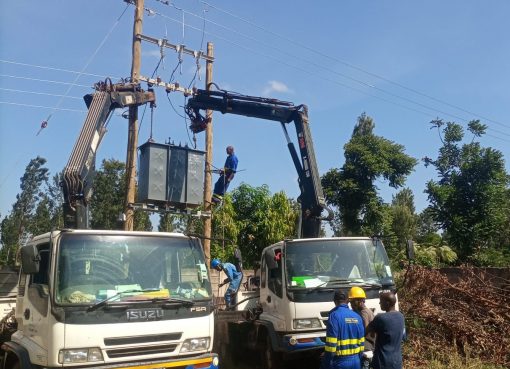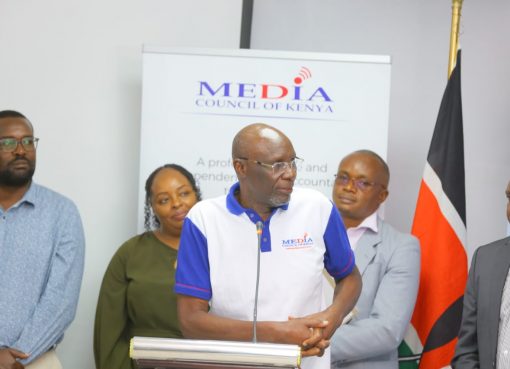The National Land Commission is optimistic that the issue of Historical Land Injustices (HLI) at the Coast would be dealt with as the exercise of hearing 58 claims in Mombasa has started.
The 58 claims were among the 1,037 cases that the Commission has analyzed and admitted as Historical Land Injustices (HLI) claims to proceed to the next stage of investigative hearing.
HLI Secretariat, under the leadership of Prof. James Tuitoek, assured members of the public of an objective listening and fair determination of all cases brought before the panel.
He said the five day exercise which started on Monday was meant to give Mombasa residents a platform and a sense of confidence in the National Land Commission’s ability to address their decades long land grievances.
“In total, the Commission received 3,742 claims as at the deadline of September 2021 for filing HLI claims,” he said.
He noted that provisions under the current law permits the Commission to only admit, register and process a claim if it was brought within five years from the date of the commencement of the Act. As such the period for filing HLI claims elapsed in September 2021.
A big chunk of cases revolved around tenancy at will, absentee landlords and squatters, issues that residents termed unique to the region.
For instance, Majengo ya Simba residents in Sparki, represented by Haji Mwinyi, traced the origin of their alleged historical land injustice to the colonial period.
Mwinyi said those with title deeds at the area were foreigners adding that there was forceful occupation as a result of colonization.
The residents made up of 33 households decried the increased ground rates which they compared to colonial hard taxes imposed on Africans.
Kisauni and Nyali house owners represented by Mohamed Omar and Nagib Shamsan called for a redefinition of the term ‘squatters’, explaining that the word has been used wrongly to deny rightful home owners their right to own land.
Other cases brought before the panel were those of Ngome Village, Tononoka (Kaloleni) residents, Kiziwi Self Help Group, Mbugoni residents welfare group among others.
The issue of Waqf deed also predominantly came out as a hindrance to residents owning properties.
According to Shamsan, a former Commissioner of the Waqf Commission of Kenya, some fraudulent individuals were hiding under religion in the name of Waqf thus denying deserving Kenyans an opportunity to own land.
He explained that as opposed to collecting land rates or any form of charge, some people claiming to be administrators of Waqf Commission have been swindling unsuspecting home owners of millions of shillings in the name of ground rent and land rates.
He said that only 110 Waqf properties in Mombasa were registered under the Waqf Commission of Kenya against 880 on the ground.
Waqf deed involves donating a building, plot of land or other assets for the cause of the Islam religion or charitable purposes with no intention of reclaiming the assets.
Other issues raised by residents were alleged frequent threats by land owners, failed remittance of land rates by land owners despite their remittance, inability to renovate or develop their structures and increased insecurity.
Mombasa County government through Director of Land Administration Rose Munupe, called for regularization of all parcels of lands involving tenancy at will.
NLC Deputy Director Research Dr. Mary Wandia, Ag. Director HLI Edmond Gichuru and several Secretariat staff attended the hearing.
By Chari Suche




